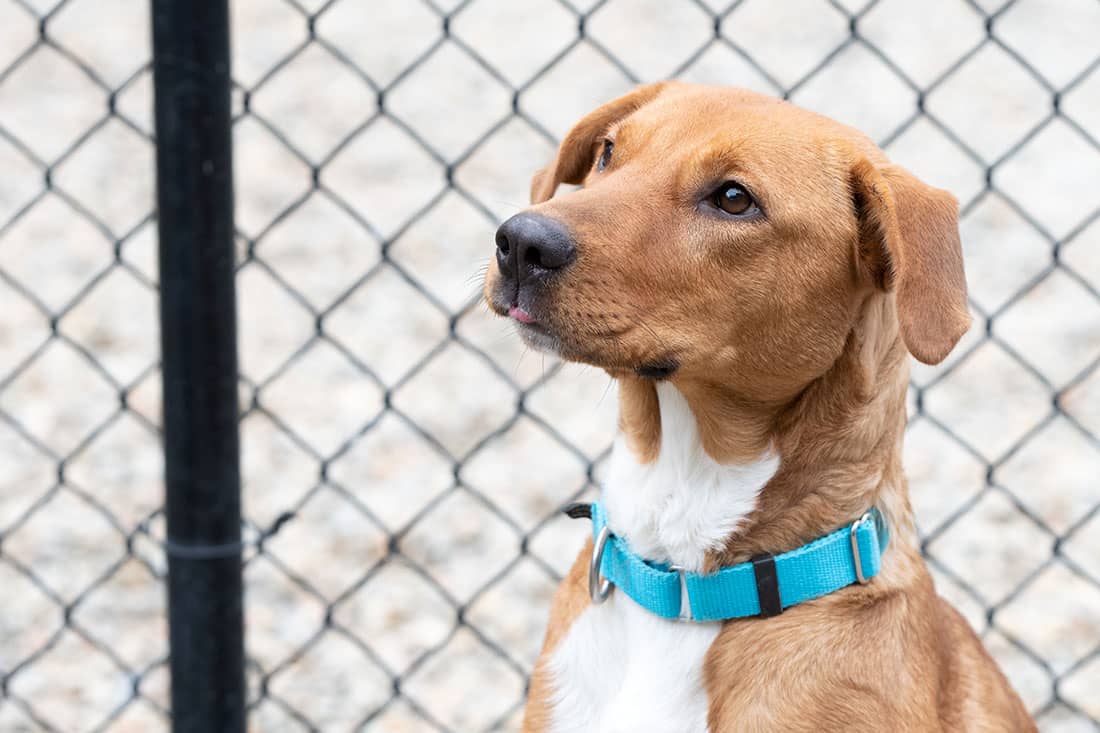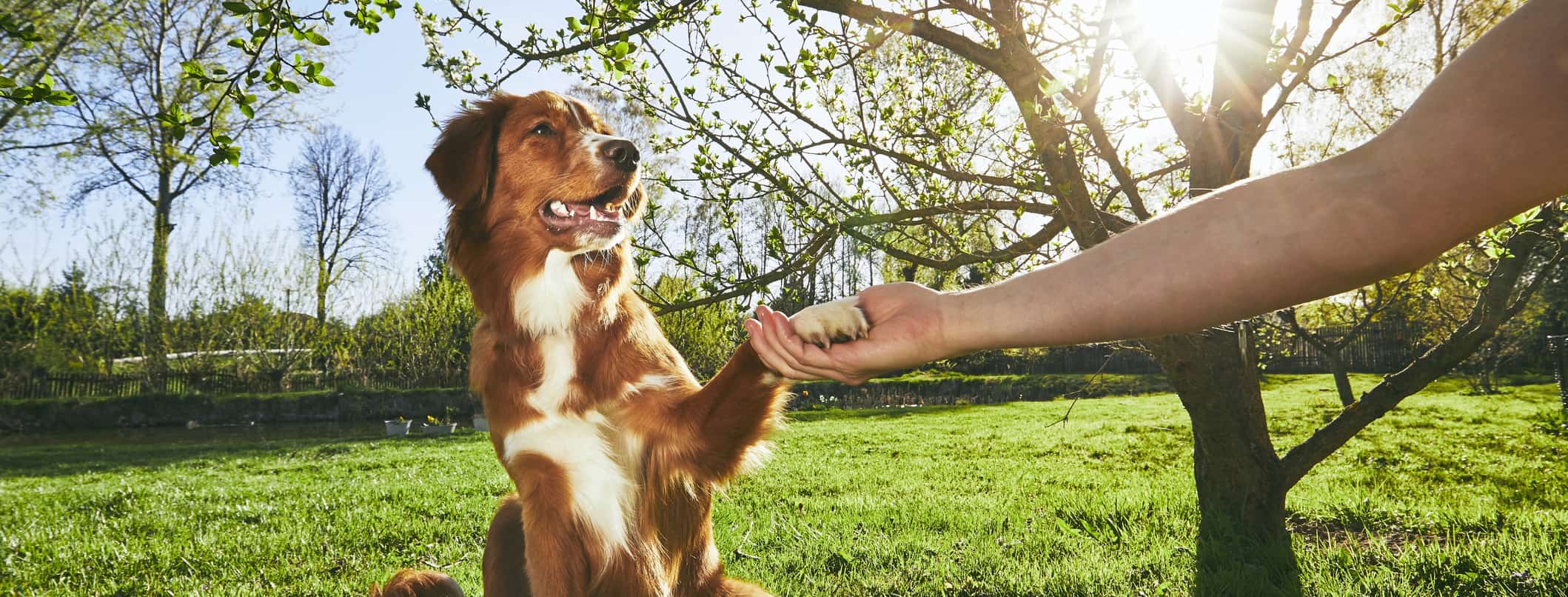Enjoyable Tasks to Improve Your Dog Training Experience
Enjoyable Tasks to Improve Your Dog Training Experience
Blog Article
Vital Tips for Effective Dog Training: A Guide for Family Pet Owners
Reliable pet training is a complex procedure that needs a tactical strategy customized to both the animal's personality and the proprietor's purposes. Key parts such as establishing regular commands, employing positive support, and assisting in very early socialization play crucial functions in promoting a well-adjusted canine buddy. Nonetheless, lots of animal proprietors experience difficulties that can prevent progress, resulting in aggravation and unpredictability. Comprehending exactly how to browse these barriers can significantly boost the training experience, ultimately transforming the relationship in between owner and canine. What are the necessary techniques that can be employed to make sure success in this endeavor?
Comprehending Canine Habits
Comprehending dog actions is crucial for effective training and cultivating an unified partnership in between canines and their proprietors. Dogs communicate largely via body language, vocalizations, and actions, making it essential for proprietors to translate these signals precisely. Acknowledging a canine's position, tail position, and ear orientation can provide insights right into its emotion. For instance, a wagging tail does not constantly indicate happiness; it can likewise signify excitement or anxiety.

Socializing plays a considerable role in pet dog actions; direct exposure to various settings, individuals, and other pets can significantly impact a pet's character. Aspects such as type attributes and specific personality must guide training methods, as some breeds might have specific behavioral characteristics that demand tailored approaches. By understanding these elements, proprietors can create a helpful atmosphere that urges positive habits, bring about effective training results and a deeper bond with their animals.
Establishing Consistent Commands
Reliable interaction with your pet starts with developing constant commands. This fundamental aspect of training is critical for cultivating understanding between you and your pet dog. Consistency in the commands you make use of guarantees that your pet can reliably link particular words or phrases with the preferred behaviors.
When choosing commands, pick clear, distinct words that are simple to state and set apart from one another. Prevent using similar-sounding commands that may confuse your pet dog. As an example, utilizing "sit" and "remain" is ideal, but "sit" and "struck" could cause misunderstandings.
Furthermore, preserve the exact same tone and quantity for each command. Pets are sensitive to vocal hints, so differing your tone can develop confusion.
It is similarly crucial to make sure that all member of the family get on the exact same page regarding the commands used. A united front in command use will protect against combined signals and strengthen the discovering process.
Positive Reinforcement Techniques
The power of favorable reinforcement in dog training hinges on its ability to urge wanted habits via rewards and appreciation. This method is grounded in the principle that actions followed by desirable results are most likely to be duplicated. By integrating positive support right into your training routine, you can successfully shape your pet dog's habits in a positive way.
To implement favorable reinforcement, it's necessary to recognize what inspires your pet, whether it be treats, playthings, or verbal praise. When your pet dog performs a preferred activity, such as resting on command, right away award them with a reward or love. This association between the command and the positive outcome strengthens their understanding.
It's critical to timing the incentives appropriately; delivering the support within seconds of the desired habits aids your canine make the link (dog training). Additionally, Visit Your URL uniformity is key-- make sure that all family members utilize the very same commands and benefit systems to avoid confusion

Gradually, you can lower the frequency of treats as your pet dog finds out the behavior, transitioning to praise or recurring incentives. This method not only promotes a solid bond in between you and your canine however additionally advertises a favorable learning setting, making training a satisfying experience for both.
Socialization and Communication
Consistently subjecting your dog to a variety of atmospheres, individuals, and various other pets is important for their social growth. Socializing should start early, preferably throughout the critical window of 3 to 14 weeks, when young puppies are most receptive to new experiences. Nevertheless, older canines can likewise gain from recurring socializing initiatives.
Introduce your dog to different setups, such as parks, pet-friendly shops, and city locations. This direct exposure assists them adapt to different stimuli, decreasing anxiety and fear reactions. Motivate positive interactions with other pets and individuals, making certain that these experiences are controlled and safe to foster self-confidence.
Make use of structured playdates with courteous canines, as this can boost your pet dog's social skills and educate them proper habits. Obedience classes and training sessions additionally offer excellent chances for socialization, permitting your pet dog to interact with others in a monitored environment.
Screen your dog's body movement throughout communications, as this will assist you gauge their convenience level. Gradually boost direct exposure to more tough situations while making certain that each experience declares. A well-socialized pet is a lot more most likely to exhibit balanced actions, making them a delight to have in any kind of setting.
Attending To Usual Training Difficulties
Every dog owner will encounter training difficulties at some factor, no matter their dog's age or socializing level. Determining typical problems such as stubbornness, distractions, and fearfulness can assist in creating effective methods for improvement.

Progressively present disturbances as the pet comes to be a lot more skillful in commands. Short, constant training sessions are also effective in keeping focus.
Terror can impede a canine's discovering process. Steady desensitization to the source of worry, matched with favorable reinforcement, can help reduce anxiety. Persistence is crucial; never compel a dog into a situation that triggers distress, as this may intensify the issue.
Eventually, understanding and dealing with these typical difficulties with an organized strategy will foster a much more efficient training experience, enhancing the bond in between pet dog and owner while advertising reliable knowing.
Conclusion
In summary, effective canine training counts on a comprehensive understanding of canine behavior, the establishment of constant commands, and the application of positive support methods. Socializing plays a crucial role in developing well-adjusted pets, while resolving common training difficulties requires persistence and flexibility. By carrying out these vital techniques, family pet owners can cultivate a solid from this source bond with their canines and promote desirable actions, inevitably resulting in a harmonious partnership between humans and their canine companions.
Recognizing pet habits is necessary for effective training and cultivating an unified relationship in between pooches and their proprietors.Socialization plays a substantial duty in dog habits; exposure to various settings, people, and other pets can dramatically impact a canine's personality.The power of favorable support in pet dog training exists in its ability to motivate desired habits through rewards and praise. By integrating favorable support into your training routine, you can properly form your pet dog's habits in a positive manner.
In summary, successful pet dog training counts on a thorough understanding of canine behavior, the establishment of regular commands, and the application of positive support methods.
Report this page